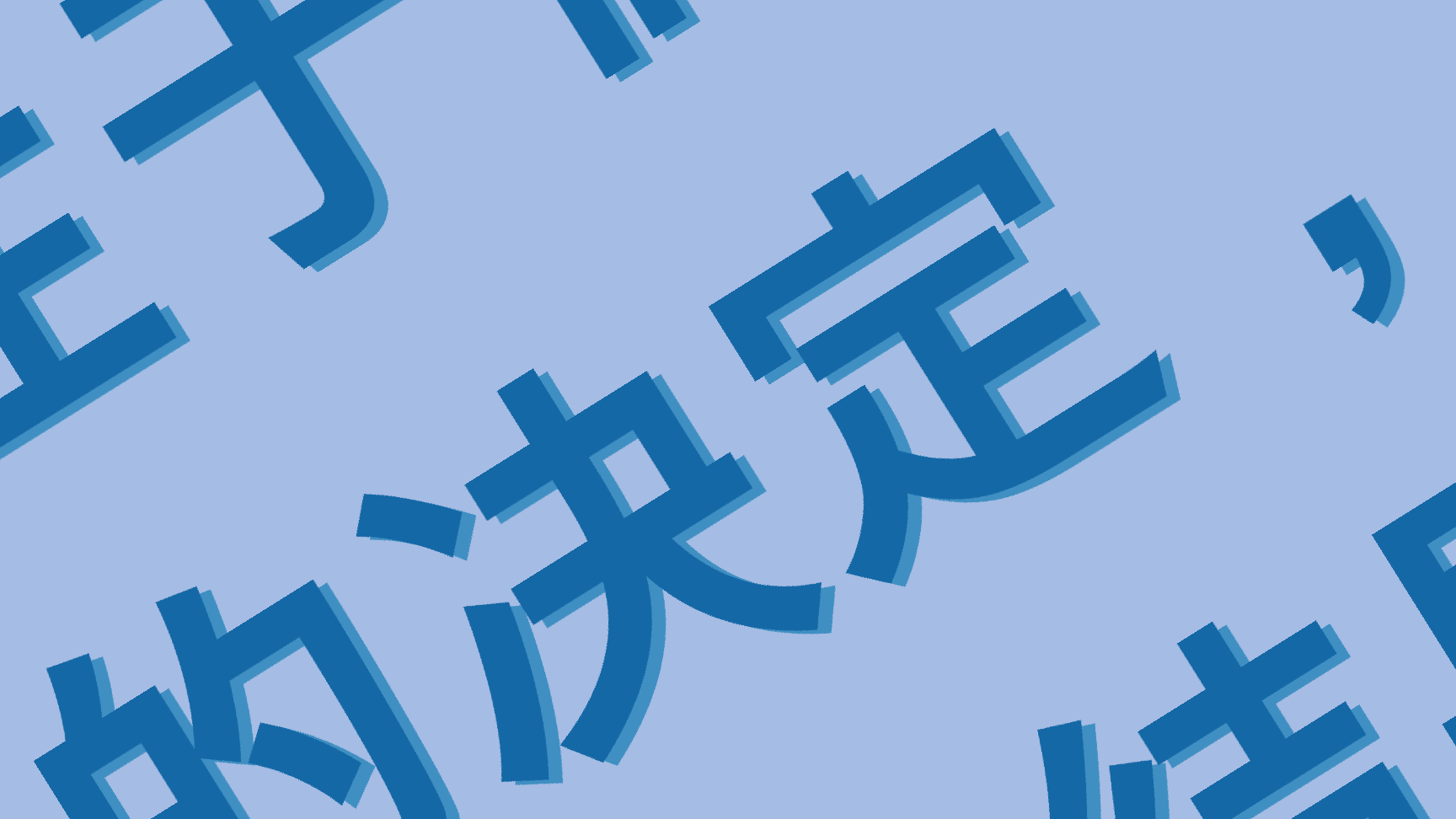🎁Wednesday, HappyOutcome Bias!
Question #151: The Real and Inactionable Value of How Science Works
ByScott Lamb
This is the hump day of Cognitive Bias Week, and it's time to tackle one of the tricky issues of being human and having brains like ours: what to do when there isn't enough meaning.
This is a survival issue for us, as it is just tough on our perception of reality: there is a lot of information in the world, but we can only perceive a small fraction of it, and we need to operate from there to make decisions and take action. This creates gaps in our mental models, and our brains hate holes and will do everything they can to fill them.
One particular way we do this is by forgetting that our current thinking does not perfectly map to the past or the future. This is especially tricky for decision-making - let me introduce you to our little friend, Outcome Bias: when we judge the quality of our decisions based on the outcomes rather than the quality of the decisions themselves (based on the information we had available at the time of the outcome). A quick example: a startup founder with a crazy idea for a product; no matter how good her thinking was, if it succeeds, she is a genius, and if it bombs, she is a failure.
Why should you care about outcome bias? Google’s former Chief Decision Scientist Cassie Kozyrkov has been widely talking about this for years and considers it a particularly costly cognitive bias that threatens our ability to “promote and retain capable leaders.” When people are most afraid of things they cannot control, it leads to more conservative decision-making.
So what can you do? Here are three tips to mitigate decision outcome bias:
- Try to make fewer decisions - this may mean building more structure or delegating more frequently.
- Focus on your decisions, not just the what - keep a decision journal to help you track the process
- Only make good decisions - this does not mean the outcomes will be good!
⚡Lightning: A great, recent medium story in one sentence or less
- Philosophy professor Soazig Le Bihan wants to help all of us build better expectations of what science (and what it is not) - best understood as a complex, collaborative, and occasionally fallible practice trying to make sense of our complicated world, rather than something that can or should provide pure, precise, and definitive answers in all cases.
- The former founder and COO of mushroom company Smillhold Adam DeMartino looks at one of the big business successes achieved during Covid and how astonishing it is.
Your daily dose of practical wisdom: Do nothing
Next time your schedule is free for ten minutes, instead of quickly checking emails or browsing the latest headlines, simply… do nothing? Just being with your thoughts has great value - it’s beneficial for creativity and reducing stress - so try to cultivate a little business of doing nothing.
Learn something new every day through Medium journalism.Sign up here.
By Harris Sockel & Carly Rose Gillis edited and produced
Questions, feedback, or story suggestions? Email us at: tips@medium.com
